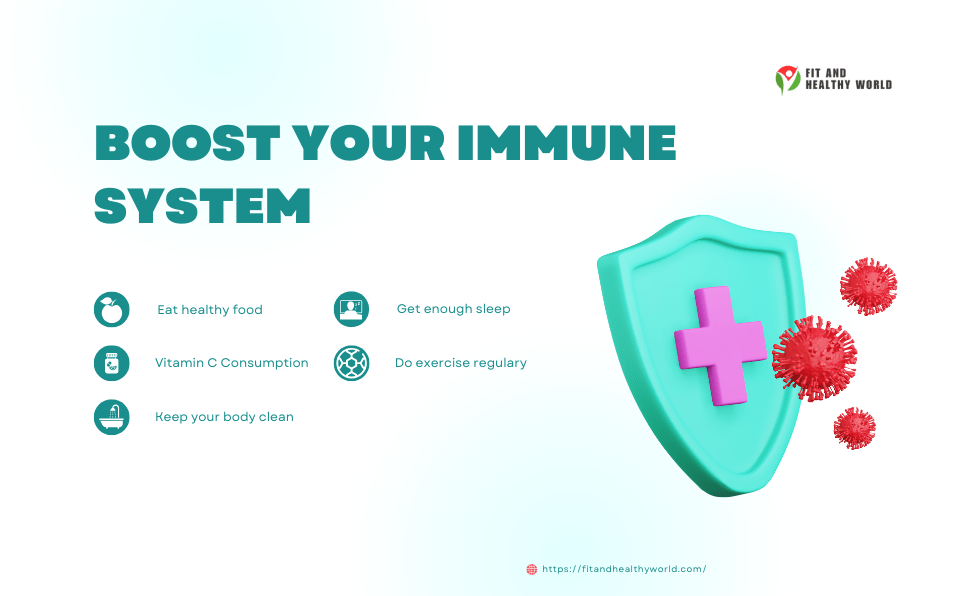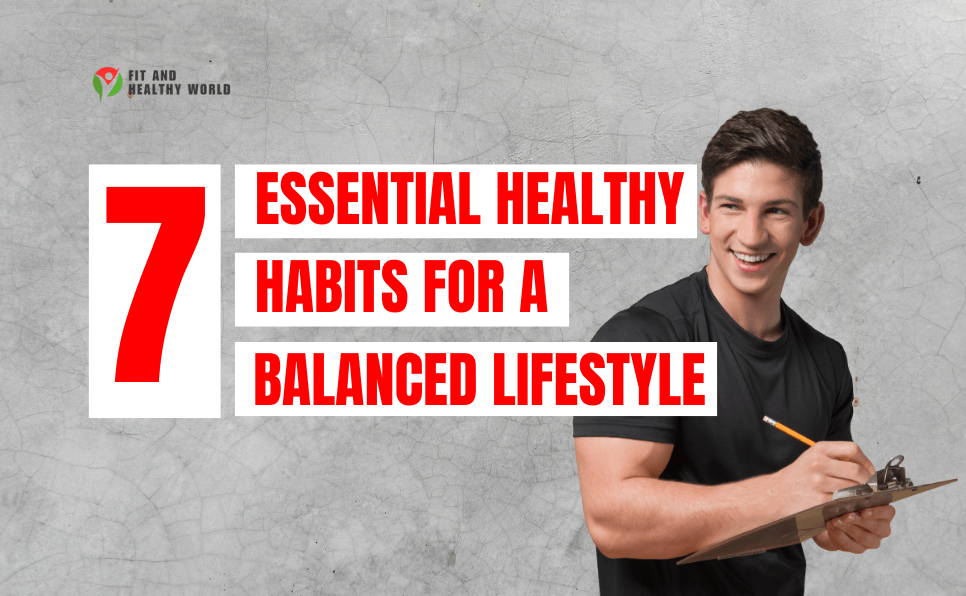Many people ask, “Can dry eyes cause blindness?” While the short answer is no, untreated dry eye syndrome can seriously affect your vision health. This common condition happens when your eyes don’t make enough tears or the tears dry up too fast. Over time, a lack of proper eye lubrication can damage the ocular surface and cause complications.
From blurred vision to eye infections, the risks grow if ignored. Understanding how chronic dry eyes impact your sight is the first step to preventing long-term damage. Let’s dive deeper into the facts, causes, and treatments for this uncomfortable condition.
Key Symptoms of Dry Eye Syndrome
A dry eye syndrome patient may experience a gritty or sandy feeling in the eye. He may also have an eye-burning sensation, along with itchy eyes and excessive tearing. At times, you may even have an off-and-on appearance of blurred vision. Reddened eyes and discomfort of the eye are also quite usual.
Other symptoms include irritated eyes, sensitivity to light, and tired eyes, notably after screen use, and all these signs tend to exacerbate at night or in dry places if your tear film stability is a weak one you are more likely to feel as if something is stuck in your eye these are the signs that your body is making and your ocular surface is asking for help.
Can Dry Eye Affect Your Vision?
Yes, it can. Dry eye disease affects your vision by making it hard to focus. Your tears are not just for comfort. They help form a smooth surface over the eye. Without this, you can get blurry or foggy vision. That’s why tear film dysfunction leads to blurred vision causes.
Sometimes, people blink a lot to clear their sight. This constant blinking is a sign of eye moisture loss. If left untreated, the dryness can harm the surface of your eye. It can cause scarring and make vision protection harder over time.
Can Dry Eye Syndrome Lead to Blindness?
It doesn’t cause total blindness, just very severe cases do to vision damage. Fine, if you don’t heed the warning signs, the surface of your eye can become scratched or infected. This leads to corneal scarring, ulcers, or long-term sight problems.
Your eyes need a stable tear film to stay clear and clean. Without it, your cornea is at risk. Infections may occur and cause eye inflammation. In some cases, untreated chronic dry eyes can affect how much light enters your eye, leading to long-term vision problems.
Diagnosing Dry Eye: When to See a Doctor
Dry and uncomfortable, or scratchy, or painful to the eyes for days on end, you have to have your eyes checked for dry eyes. A doctor may check how fast your tears dry up or if your glands are blocked. These tests help check the health of your meibomian and lacrimal glands.
You may need tests like tear breakup time or imaging to see the meibomian gland dysfunction (MGD). This helps the doctor understand your tear quality. If you have autoimmune-related eye issues, like Sjogren’s syndrome and dry eye or rheumatoid arthritis and eye health, early testing is key.
Best Treatment Options for Dry Eyes
Treatment depends on what causes the dryness. Common treatments include eye drops for dry eyes, gels, or artificial tears. These help with eye hydration and comfort. If these don’t help, your doctor may suggest LipiFlow treatment, warm compresses, or prescription meds.
For more serious cases, punctal plugs can keep tears in your eye longer. Supplements like Vitamin A for the eyes and Omega-3 fatty acids can also improve tear quality. New tech options like LipiFlow treatment can treat meibomian gland dysfunction (MGD) directly.
| Treatment Option | How It Helps |
| Artificial tears | Adds moisture |
| LipiFlow | Clears blocked glands |
| Omega-3s | Improves the oil layer |
| Warm compress | Ease oil flow |
| Eye drops | Reduces inflammation |
Preventive Measures and Daily Eye Care Tips
Practice good eye hygiene to avoid dry eye disease. Rest your eyes from screens to minimize digital eye strain. The 20-20-20 rule can also be good: look at something 20 feet away for 20 seconds every 20 minutes.
Healthy fats (such as those found in fish) and hydration are also good. Use a humidifier if you live in dry areas. Full eyes with UV eye protection. Good contact lens hygiene is very important for anyone who wears contacts. If you live in a windy or dusty location, invest in wraparound glasses to shut down tear evaporation.
Medical Conditions Linked to Dry Eye
Dry eyes can happen due to other health issues. Conditions like Sjogren’s syndrome and dry eye, rheumatoid arthritis and eye health, or hormonal eye changes during menopause can all affect tear production.
Some medicines like antihistamines and antidepressants, reduce eye moisture. Also, allergy-induced dry eyes can make symptoms worse. Health conditions that impact the immune system or nerves can also reduce the amount or quality of your tears.
Final Thoughts on Dry Eye and Vision Loss
Can dry eye syndrome cause blindness? The answer is rarely, but it’s possible if ignored. An ounce of prevention is worth a pound of cure. You should take a good care of your eyes every day. She also warned to watch for symptoms, stay hydrated and take care of the eye.
If you notice changes in vision or have discomfort, consider an eye exam for dry eyes. “Find a new doctor,” after that time, he said, but advise a doctor immediately: “Your eyes are fragile, and even minor problems can escalate quickly.” Ensure that you are taking the right steps to keep your ocular surface healthy and have clear vision.
(FAQs)
How long does it take for dry eyes to cause blindness?
Dry eyes rarely cause blindness, but severe, untreated cases may lead to corneal scarring over months or years, which can affect vision.
Can you lose your vision from dry eyes?
Yes, but it’s extremely rare. Vision loss may occur if eye inflammation and tear film dysfunction go untreated for a long time.
Can dry eyes make it hard to see?
Yes, blurred vision, light sensitivity, and fluctuating focus are common symptoms that can make it hard to see clearly.
Can dry eye damage be reversed?
In many cases, yes. With proper eye care, artificial tears, and treatment like LipiFlow, damage from dry eye disease can often be improved.Does drinking water help dry eyes?
Yes, staying hydrated improves tear production and supports overall eye moisture, helping reduce dryness.



